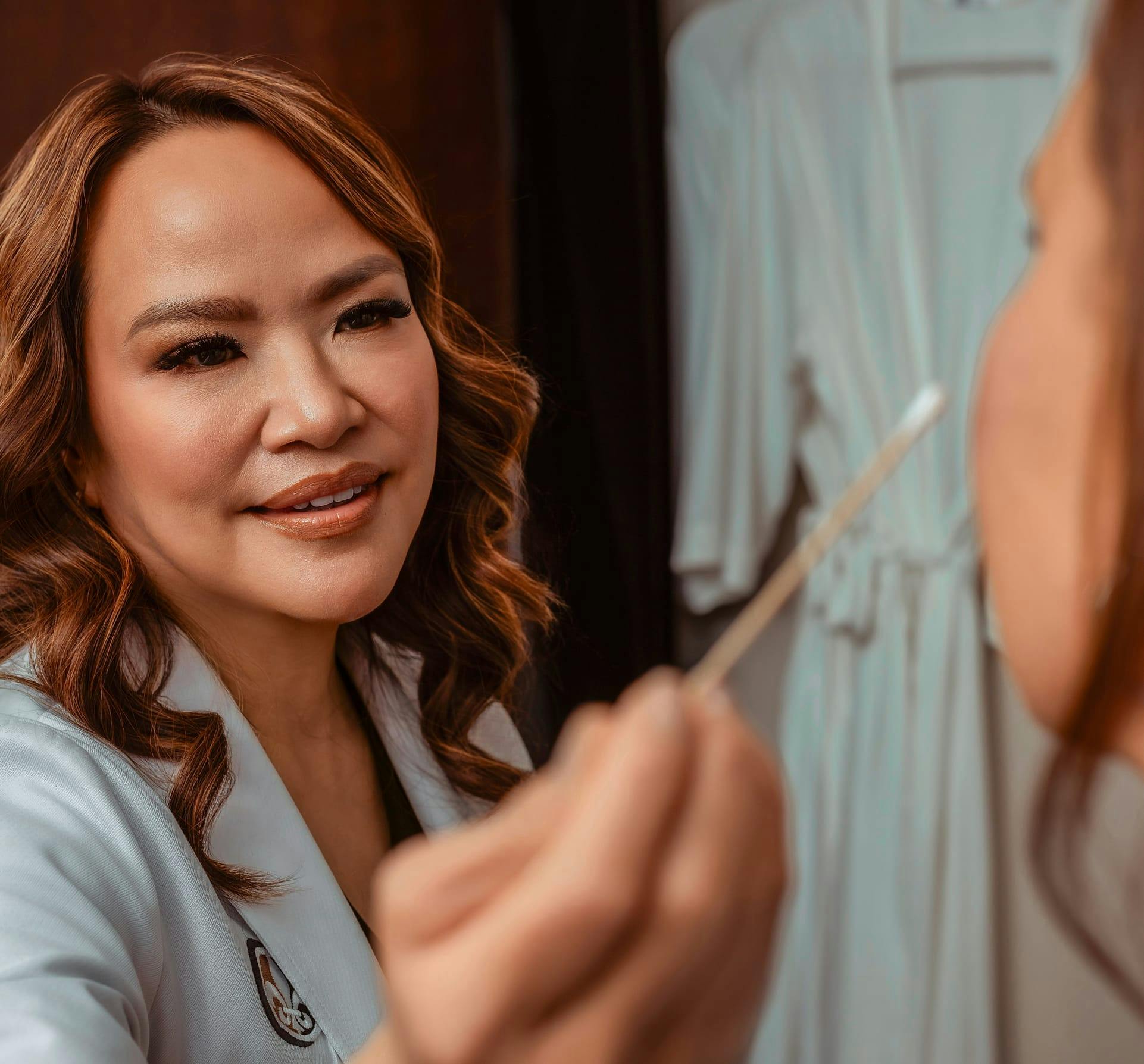Hair restoration treatments are designed to stimulate growth and restore thinning hair. Our personalized approach helps you achieve fuller, natural-looking results with confidence.

Why Choose Davis Dermatology
Davis Dermatology is dedicated to providing the most advanced, minimally invasive, results-oriented treatments. We focus on excellent patient experiences and amazing results.








